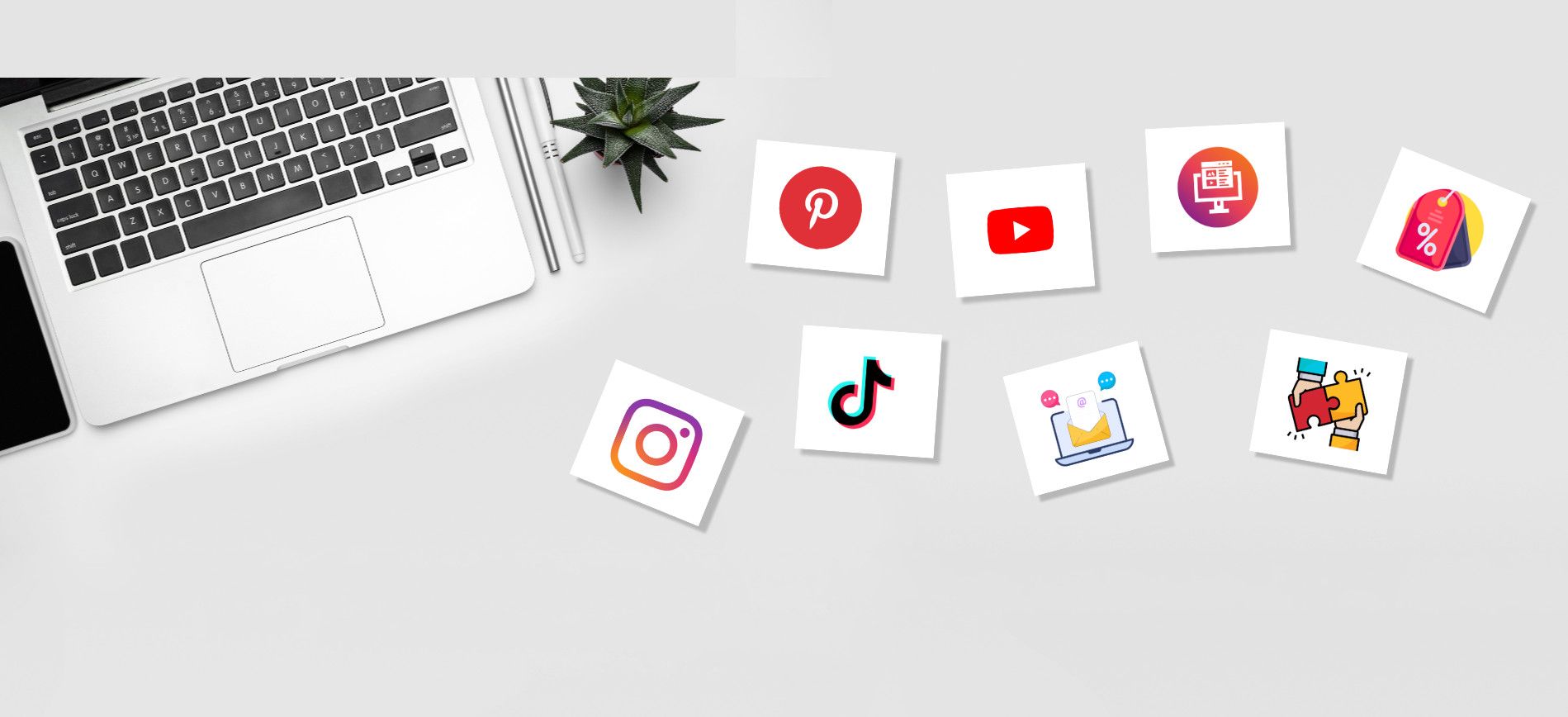Blog

Live-streaming shopping events have emerged as a powerful tool for revolutionizing the way businesses connect with customers, boost brand visibility, and stay ahead of the competition. By combining immersive storytelling, real-time engagement, and product showcases, you can expand your local and global following, drive sales, and foster lasting brand loyalty. With 80% of consumers relying on demonstration videos to inform their purchasing decisions , the power of video storytelling is undeniable. However, planning a virtual event can be daunting, especially for first-timers. This comprehensive guide will walk you through every step of the process, from defining your objectives and target audience to selecting the perfect products and implementing effective marketing strategies. We'll cover every essential aspect to ensure your event exceeds expectations and delivers exceptional return on investment (ROI).

This article explores how virtual events can enhance inbound marketing strategies. By aligning with the four stages of inbound marketing—attention, interest, desire, and action—virtual events serve as a platform to attract potential customers, provide relevant content, and facilitate interactions for increased engagement and loyalty. The piece emphasizes the benefits of hosting virtual events, including improved ROI, brand awareness, enhanced user experience through Q&A sessions, and networking opportunities. Overall, virtual events emerge as a cost-effective, scalable tool to build brand presence, generate leads, and foster community engagement within inbound marketing efforts.

This article delves into the rise of virtual events, highlighting four industries that have thrived in the online shift: education, technology, marketing, and hospitality. In education, virtual events offer increased access, flexibility, cost savings, and heightened engagement. The technology sector benefits from increased accessibility, cost savings, enhanced visibility, and improved engagement. For marketing, virtual events provide increased accessibility, lower costs, shorter planning times, and valuable event statistics. The hospitality industry, impacted by COVID-19, finds opportunities in virtual events, fostering community and offering online learning classes. The article underscores how businesses can thrive by embracing virtual events in our technology-driven world.

This article explores the significance of online events, such as webinars, in marketing, sales, and customer engagement strategies. It highlights the growing popularity of hosting events online, whether free or paid, as a means to connect with audiences and achieve various business goals. The top three reasons to host online events are discussed, emphasizing brand awareness, relationship-building, and creating excitement around products or services. The article then guides readers on creating online events and webinars as part of a marketing strategy, outlining types of events suitable for marketing and sales. It emphasizes the importance of building a community before the event, ensuring interactivity, holding post-event meetings, seizing business development opportunities, and staying relevant after the event concludes. The overall message is to leverage online events for community building, engagement, and business growth.

This article explores three key reasons why virtual events excel in customer engagement. It emphasizes their effectiveness in enhancing brand awareness, deepening customer relationships, and building trust, all at an accelerated pace compared to traditional methods. The cost-effectiveness of virtual events is highlighted, saving on expenses like travel. The article defines customer engagement and underscores its significance for brand loyalty and satisfaction. It outlines how virtual events, conducted on platforms like YouTube or Facebook Live, provide personalized, interactive experiences, fostering a sense of connection and community. It concludes by emphasizing virtual events' efficiency in bridging the gap left by the absence of in-person interactions, providing real-life product or service examples. Overall, it positions virtual events as a impactful and cost-effective strategy for customer engagement.

This guide provides insights into organizing successful virtual shopping events to attract potential customers. It emphasizes the importance of choosing the right online platform, planning ahead, and effective promotion through various channels such as social media and email marketing. The guide highlights the value of live streaming for accessibility and generating excitement, encouraging retailers to use this tool strategically. Additionally, it stresses the significance of post-event follow-up, including prompt communication of discounts, direct outreach for feedback, and integration into marketing funnels to nurture potential customers. The overarching message is to carefully plan, execute, and leverage the chosen platform to meet specific event and marketing goals effectively.

The evolution of e-commerce, spanning from its inception in the 1970s to its current status as a $22 trillion industry, is traced through key milestones. Beginning with electronic fund transfer (EFT), the journey includes breakthroughs like online purchases in 1971, Michael Aldrich's online shopping concept in 1979, and the introduction of Netscape Navigator in 1994, ushering in widespread online shopping. Amazon's establishment in 1995 marked a pivotal moment, followed by the founding of PayPal in 1997, revolutionizing online payments. The expansion continued with innovations like Kindle e-reader, Prime shipping, and AI-driven advancements, solidifying e-commerce's integral role in modern business. The four primary types of e-commerce – B2C, B2B, C2C, and C2B – are also explored, showcasing the diverse landscape of online transactions. The abstract emphasizes the industry's dynamic growth and encourages businesses to embrace the evolving realm of e-commerce.

This article explores the growing relevance of online shopping events for businesses, providing six key reasons for their popularity. It emphasizes scalability, higher ROI, broader audience reach, enhanced content focus, improved networking opportunities, and real-time feedback as crucial advantages. Virtual shopping events offer a sustainable and cost-effective sales strategy, shaping the future of online retail.

This article emphasizes the importance of setting measurable goals and objectives for virtual events and outlines five key metrics to consider when assessing their success. The top metrics include the number of attendees, engagement rates, attendee satisfaction, lead generation, and sales generated. The piece provides insights on how to track and interpret each metric, guiding event organizers on the effective evaluation of their virtual events. By focusing on these essential metrics, businesses can optimize their virtual events for broader reach, lead generation, and overall success.



